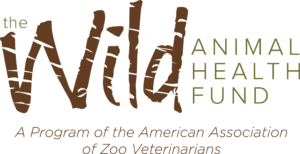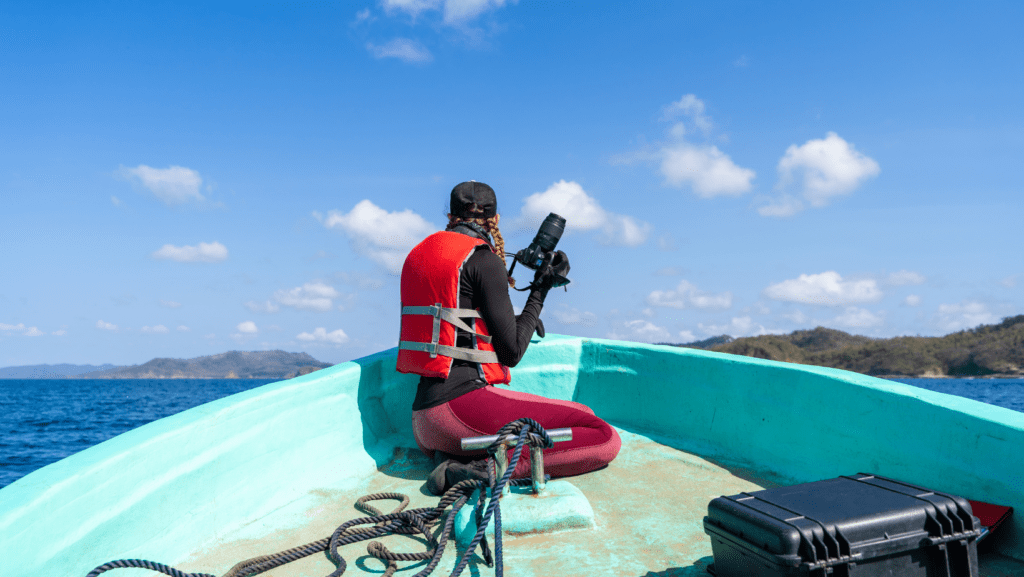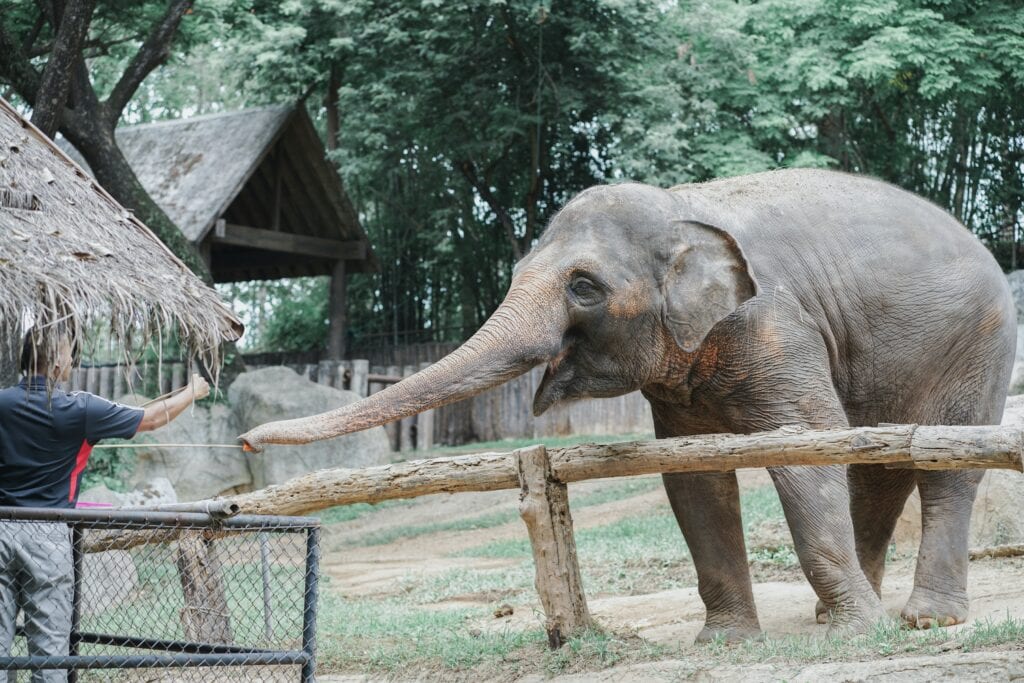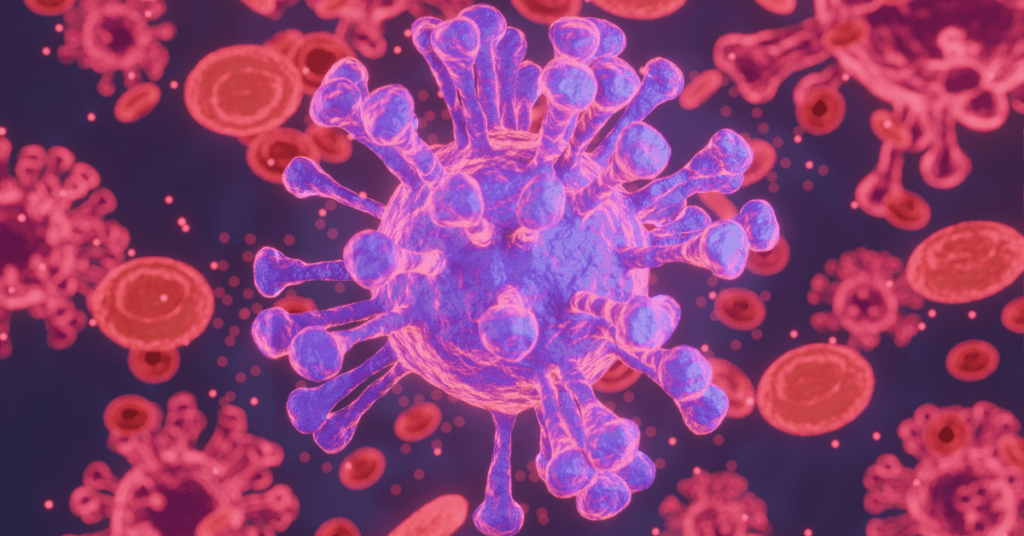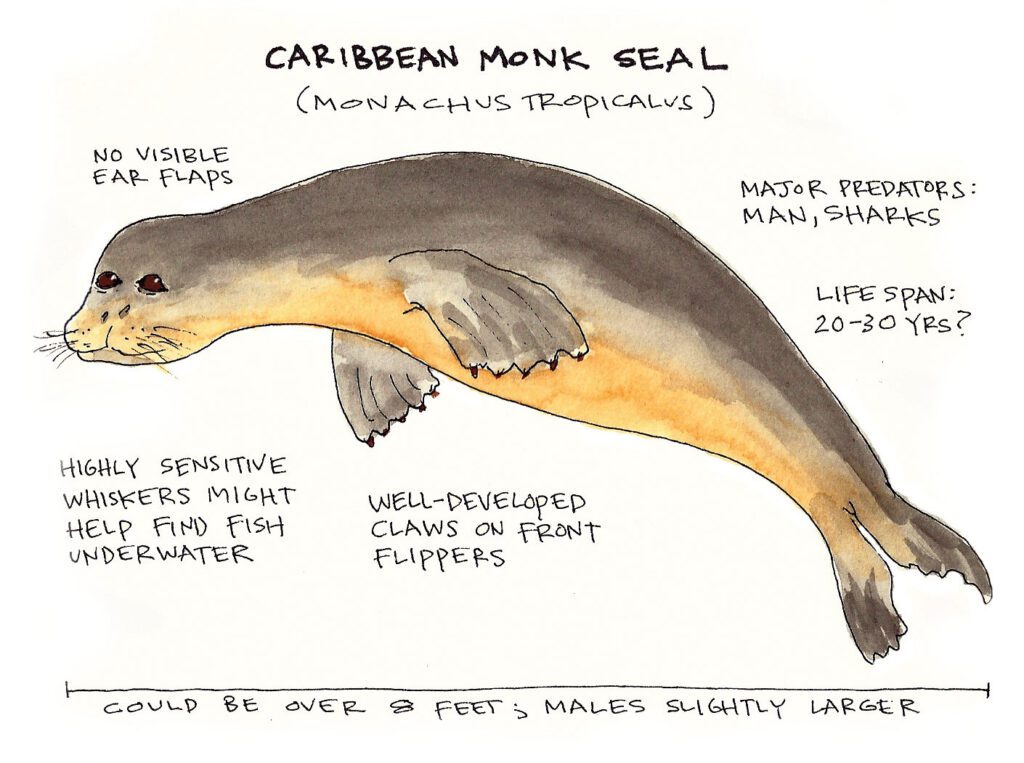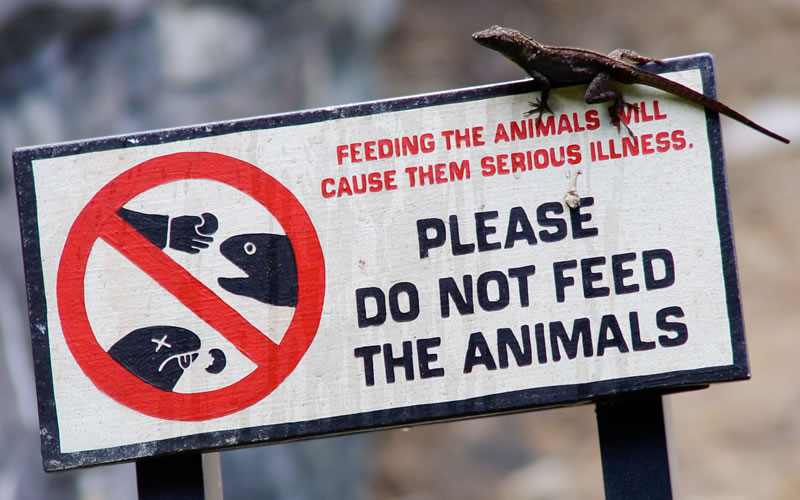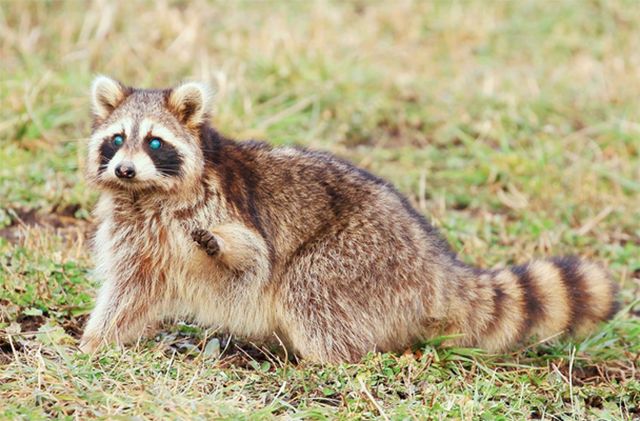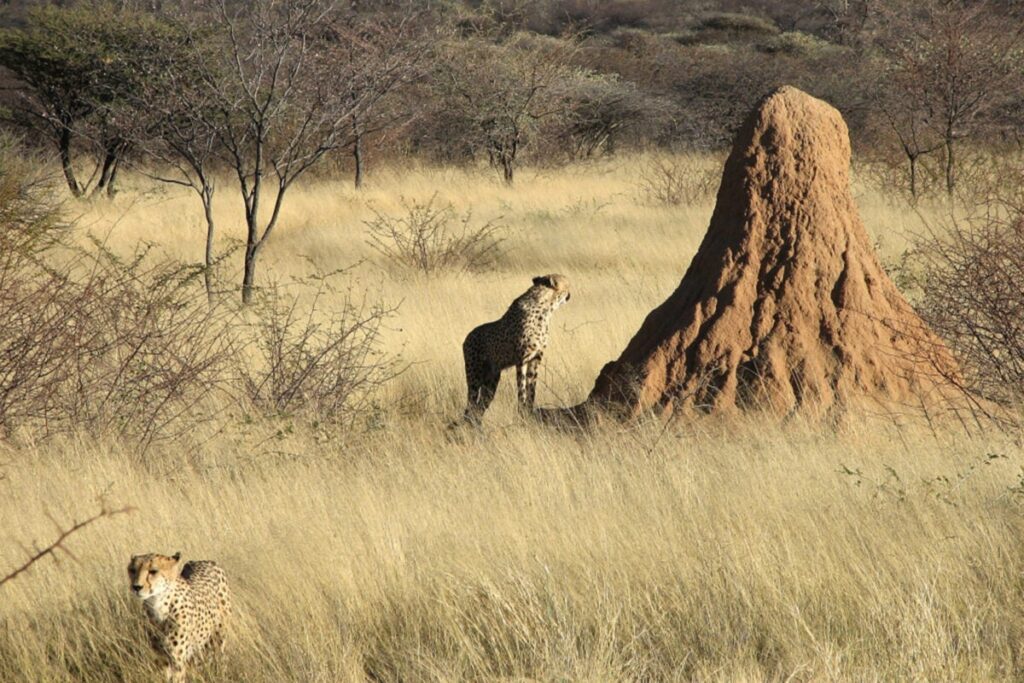Facts and Questions
Why Wetlands (And Their Inhabitants) Are Important
In the safety of marsh grass, a frog croaks in the dead of night. An alligator’s all-seeing eyes sit still above the murky water while the rest of his body is submerged below. Deer are grazing not far off on firmer soil and a lonely owl hangs among the cypress trees. In a small corner…
Read MoreGlobal Wildlife Conservation Efforts
Somewhere right now, a wildlife pathologist is working tirelessly in a lab investigating animal diseases. Across the sea, there are veterinarians in Africa saving and protecting species we have all known to love. And, in the middle of the Pacific Ocean, biologists sampling and tracking aquatic life to learn more about the creatures that fascinate…
Read MoreHow Do Zoos Help Animals?
There are very few places where you can safely experience the diversity of wildlife, learn about the world around you, or help animals threatened with extinction. The only place where you can do all three is at a zoo. The path for zoos to become the amazing institutions they are known as today has been…
Read MoreWhat are zoonotic diseases?
Zoonotic diseases are diseases and infections that are naturally transmitted between animals and people. The CDC recognizes over 150 of these diseases! Impacted animals can be wild or domestic, from the fish in the water to the monkeys in the trees. According to the CDC, scientists estimate that more than 6 out of every 10…
Read MoreWhat is wildlife conservation?
Wildlife Conservation is the practice of protecting and preserving wildlife and their natural habitats to maintain healthy populations and prevent extinction. Why is this important? We are all connected. Everything has its purpose in the animal kingdom, and losing one species jeopardizes other species (including humans!) Without the plants and wildlife, the food chain will…
Read MoreWhat Does Endangered Mean?
If an animal has reached endangered status on the IUCN Red List, that means that their natural populations have dropped so significantly that the species populations may not be able to grow quicker than they decline. Animals in danger of being extinct will affect all populations, including humans. Animals are becoming endangered due to: Many…
Read MoreAnimals That Are Extinct (from this century)
You’ve probably heard of a species going extinct, but what does that mean exactly? The International Union for Conservation of Nature (IUCN) categorizes all species. There are several categories for classifying species: Not Evaluated (NE), Data Deficient (DD), Least Concern (LC), Near Threatened (NT), Vulnerable (VU), Endangered (EN), Critically Endangered (CR), Extinct in the Wild…
Read MoreWhy should you not feed wildlife?
It’s tempting to feed wildlife or at some point, and it seems like an innocent action. Whether it’s tossing bread to ducks or giving squirrels your leftovers, feeding or touching wildlife is always harmful and sometimes illegal. So, why should you not feed (or touch) wildlife? Human food is not healthy for wildlife Wild animals…
Read MoreCanine Distemper (CDV) in Wildlife
What is Canine Distemper? If you have a dog, you’ve probably heard of canine distemper (CDV) and vaccinated your dog for it. It is highly contagious and causes difficulty breathing, coughing, and pneumonia. In addition to those symptoms, it can cause neurological symptoms that are very similar to rabies. Saliva, urine, feces, and other respiratory…
Read MoreOur Ecosystems Need the Little Guys!
The world’s ecosystems are incredible to observe. Each species has a role, much like an office! Also like an office or any workplace, there are the big fries and the little fries. Our ecosystems consist of animals, insects, plants, and microorganisms all working together to balance the Earth. Curious how the little fries affect the…
Read More